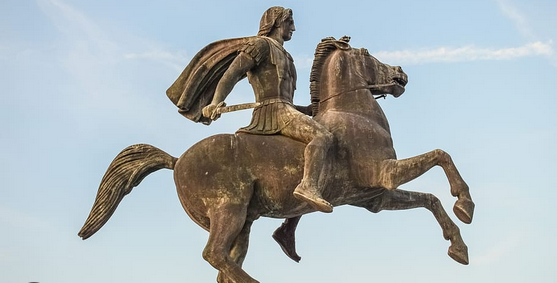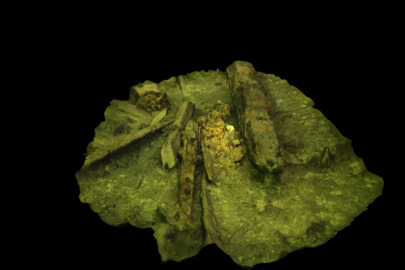The Hellenistic period was a time of great change and excitement in the ancient world. Spanning from the death of Alexander the Great in 323 BC to the death of Cleopatra VII in 30 BC, this era saw the spread of Greek culture and influence throughout the Mediterranean world.
Characterized by the rise and fall of powerful kingdoms, vibrant cultural exchange and groundbreaking advances in fields such as mathematics, science, and philosophy, the Hellenistic period was a time of exploration and expansion, where new ideas and innovations were embraced, leading to a vibrant and diverse world. Join us on a journey through this fascinating period in history, where the ancient world was transformed and paved the way for future civilizations.
By the time the classical period was ending in around 360 BC, the city-states that made up Greece had become weak and disorganized. Two centuries of almost constant warfare – the Athenians vs the Persians, then the Spartans vs the Athenians during the Peloponnesian War , and then the Spartans vs the Athenians vs the Thebans vs the Persians – had taken its toll.
Here’s what Niagara Falls looked like when it was turned off for the first time in 12,000 years
While these major players had expended energy and resources fighting amongst themselves, a once unexceptional city-state, Macedonia, began to rise to power. Led by King Philip II, Macedonia began expanding its territory.
Because the Macedonians hadn’t spent the last two hundred years over-exerting themselves, their military had had time to make major advancements. The Macedonians had long-range catapults and pikes known as Sarissa. These 16-foot-long (4.88 m) instruments of death were used as a spear that could skewer the enemy before they got close. Thanks in part to these Sarissa, Macedonian generals were able to pioneer the terrifying infantry formation known as the phalanx.
Read more: Ancient Origins






































